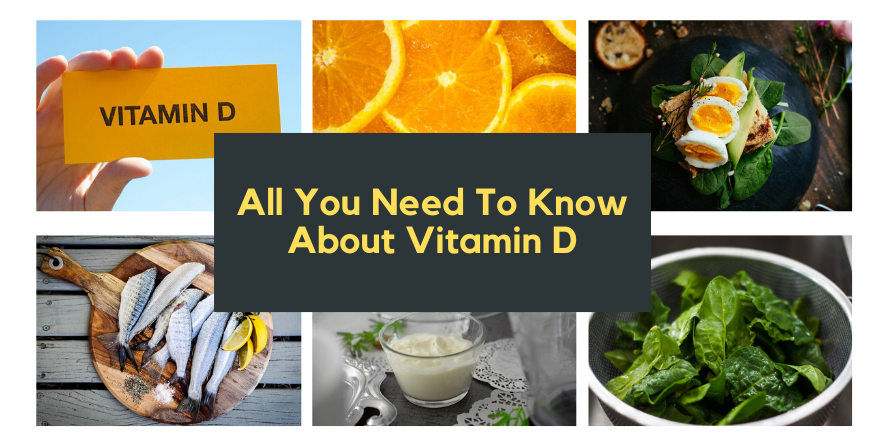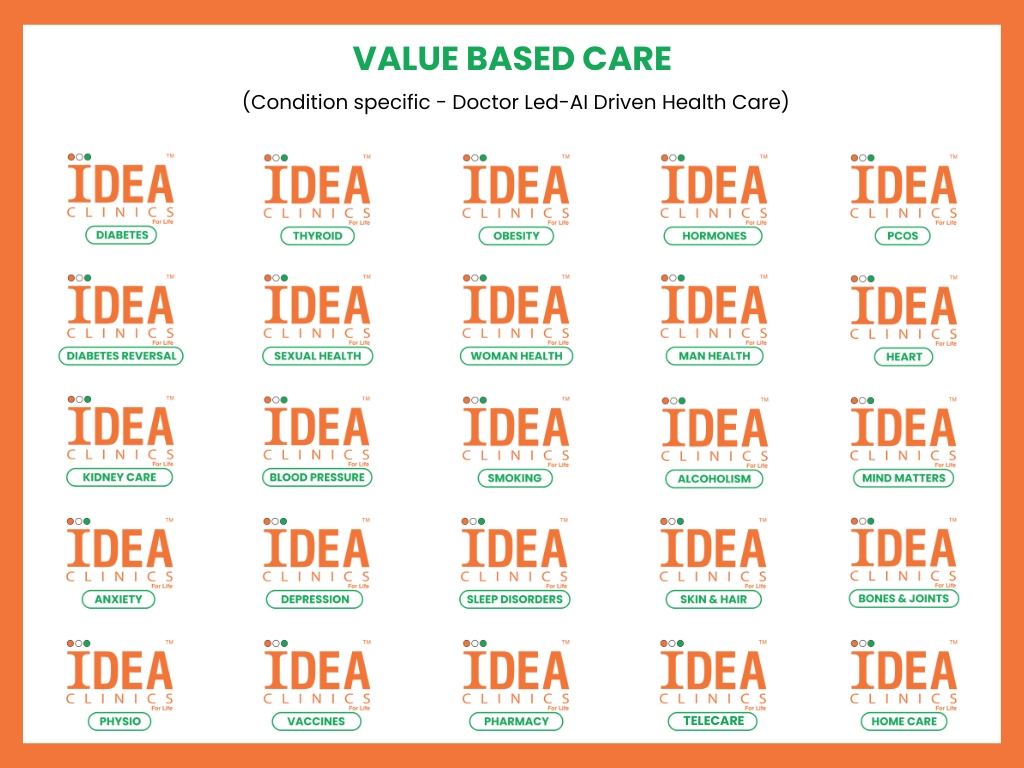What is Vitamin D ?
Vitamin D is not a vitamin but it is infact a Hormone. Vitamin D regulates calcium and parathyroid hormone levels. Vitamin D deficiency is extremely common among Indians and is implicated in various conditions.
How Can you Increase my Vitamin D Intake ?
Some of the benefits associated with keeping up your vitamin D levels include:
- ) Vitamin D is obtained through sun exposure, food or supplements, to get activated it has to undergo two hydroxylation’s in the body.
- ) Vitamin D is converted to 25-hydroxyvitamin D [25(OH)D], also known as calcidiol in the liver. The second step happens in the kidney and active 1,25-dihydroxyvitamin D [1,25(OH)2D], also known as calcitriol is formed.
- ) Vitamin D3 (cholecalciferol) is produced in response to sunlight on human body apart from diet sources like fish. Vitamin D2 (ergocalciferol) is not produced in the human body, but formed when certain plant-derived materials exposed to ultraviolet light.
- ) Cholecalciferol (vitamin D3) is more efficient and long acting than ergocalciferol (vitamin D2) and is measured by the active form of vitamin D in blood (25-hydroxyvitamin D).
- ) Vitamin D supports calcium absorption in gut and ensures adequate serum calcium and phosphate concentrations for normal mineralization of bone and prevent hypocalcaemia.
- ) Thirty minutes of sun exposure between 10 AM and 3 PM at least twice a week can lead to sufficient vitamin D.
What are the Health Benefits of Vitamin D?
Vitamin D helps in so many vital processes which are used to maintain strong bones and it is also involved in various function like the nervous, immune and digestive system. Here there are some more steps to increase your vitamin D.
- ) Vitamin D supports calcium absorption in gut and ensures adequate serum calcium and phosphate concentrations for normal mineralization of bone and prevent hypocalcaemia.
- ) Adequate levels of Vitamin D prevent rickets in children and osteomalacia in adults and helps protect older adults from osteoporosis when supplemented with calcium.
- ) Vitamin D has other roles in the body influencing cell growth, immune function, anti inflammatory role and neuromuscular modulation.
- ) Compared to 25(OH) D, 1,25(OH)2D is not a good indicator of vitamin D status as it has a short half-life of 15 hours.
- ) Serum concentrations of 1,25(OH)2D are closely regulated by parathyroid hormone, calcium, and phosphate.
- ) Levels of 1,25(OH)2D decrease only when vitamin D deficiency is severe.
- ) Rickets and Osteomalacia are the well recognized vitamin D deficiency diseases. Prolonged exclusive breastfeeding, particularly by mothers who are not vitamin D replete is a significant cause of rickets.
Vitamin D content of Various Foods
Some foods containing vitamin D such as salmon, tuna, and fish liver oils are among the best sources. Small amounts of vitamin D are also found in cheese, egg yolks and some mushrooms.
Some more Food like
-> Cod liver oil
-> Swordfish
-> Tuna fish
-> Orange juice
-> Milk
-> Yogurt
-> Liver
-> beef
-> Egg yolk
-> Cereal




